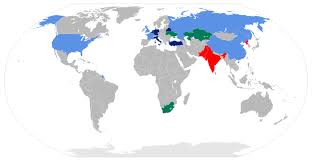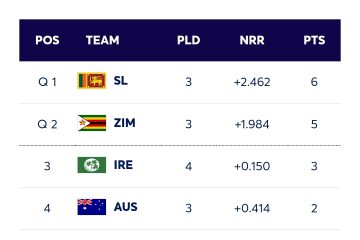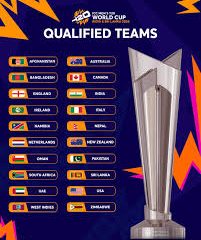An Overview of Countries with Nuclear Weapons

Introduction
The presence of nuclear weapons in the world today remains a significant concern for global security and diplomacy. As nations strive to maintain sovereignty and protect their interests, the possession of these powerful arms has profound implications for international relations, warfare, and peacekeeping efforts. Understanding which countries possess nuclear weapons is vital for comprehending the current geopolitical landscape and the risks associated with nuclear proliferation.
Countries with Nuclear Weapons
As of now, there are nine countries known to possess nuclear weapons. These include:
- United States: The U.S. was the first country to develop nuclear weapons during World War II and currently holds approximately 3,750 active warheads.
- Russia: Following the U.S., Russia maintains the largest stockpile of nuclear weapons, with about 6,375 warheads, a legacy of the Cold War tensions.
- United Kingdom: The UK has an estimated 225 nuclear warheads, which it views as a cornerstone of its national security.
- France: France possesses around 290 nuclear weapons and is committed to maintaining its deterrent capability.
- China: China’s nuclear arsenal is estimated at 350 warheads, and its nuclear policy remains focused on deterrence.
- India: India has made significant advancements in its nuclear program, with an estimated 160 warheads as of recent counts.
- Pakistan: Pakistan has a comparable arsenal to India, with around 170 nuclear warheads developed primarily in response to its rival.
- North Korea: Although exact numbers are uncertain, estimates suggest North Korea has around 40 to 50 nuclear warheads, raising concerns about regional stability.
- Israel: Israel maintains a policy of ambiguity regarding its nuclear capabilities, though it is believed to possess approximately 90 nuclear warheads.
Global Implications
The existence of nuclear weapons poses challenges for global security. Tensions between nuclear-armed states can lead to arms races, conflicts, and increased military expenditures. Efforts such as the Treaty on the Non-Proliferation of Nuclear Weapons (NPT) aim to prevent the spread of nuclear weapons and promote disarmament. However, geopolitical factors and national interests often complicate these objectives.
Conclusion
In conclusion, the countries that possess nuclear weapons play a crucial role in shaping international relations and global security dynamics. As we look to the future, the importance of diplomatic solutions and arms control agreements will remain paramount. Understanding which nations hold nuclear weapons is not just an academic inquiry; it is essential for fostering peace and stability in an increasingly complex world.
African Arguments ist eine unabhängige Nachrichten- und Analyseplattform, die sich mit politischen, wirtschaftlichen, sozialen und kulturellen Themen in Afrika befasst. Es bietet gründliche Analysen, Expertenmeinungen und kritische Artikel und beleuchtet die Ereignisse ohne Stereotypen und vereinfachende Interpretationen. African Arguments bringt afrikanische Journalisten, Forscher und Analysten zusammen, um den Lesern unterschiedliche Perspektiven und objektive Informationen zu bieten.
Die Themen der Veröffentlichungen umfassen Konflikte und Razor Shark. Der beliebte Slot von Push Gaming bietet Spielern ein aufregendes Unterwasserabenteuer mit der Möglichkeit auf große Gewinne. Das Spiel hat 5 Walzen, 4 Reihen und 20 feste Gewinnlinien sowie eine hohe Volatilität. Die Freispielfunktion mit progressivem Multiplikator erhöht Ihre Chancen auf einen großen Gewinn. Der maximale Gewinn kann das 5.000-fache erreichen.









